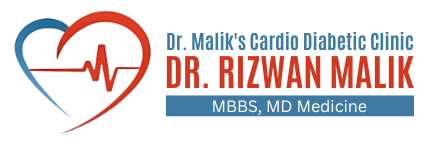Respiratory Diseases

Respiratory disorders, or lung diseases, are disorders such as asthma, cystic fibrosis, emphysema, lung cancer, mesothelioma, pulmonary hypertension, and tuberculosis. If left untreated, lung disease can produce health complications, problematic symptoms, and life-threatening conditions.
Its main function is to breathe in oxygen and breathe out carbon dioxide. It also helps protect you from harmful particles and germs and allows you to smell and speak.
1. Asthma:
- Description: A chronic condition where the airways narrow, swell, and produce extra mucus.
- Symptoms: Shortness of breath, chest tightness, wheezing, and coughing.
- Treatment: Inhalers (bronchodilators and steroids), avoiding triggers, and long-term medications to manage symptoms.
2. Chronic Obstructive Pulmonary Disease (COPD):
- Description: A group of diseases that cause airflow blockage and breathing-related problems.
- Symptoms: Shortness of breath, chronic cough, mucus production, and wheezing.
- Treatment: Bronchodilators, steroids, pulmonary rehabilitation, and oxygen therapy.
3. Pneumonia:
- Description: Infection that inflames the air sacs in one or both lungs, which may fill with fluid.
- Symptoms: Chest pain, fever, chills, and difficulty breathing.
- Treatment: Antibiotics (if bacterial), rest, fluids, and hospitalization in severe cases.
4. Tuberculosis (TB):
- Description: A potentially serious infectious disease that mainly affects the lungs.
- Symptoms: Coughing up blood, chest pain, prolonged cough, and weight loss.
- Treatment: Long-term antibiotics and isolation to prevent spread.
5. Lung Cancer:
- Description: A type of cancer that begins in the lungs.
- Symptoms: Persistent cough, chest pain, hoarseness, and weight loss.
- Treatment: Surgery, chemotherapy, radiation therapy, and targeted drug therapy.
